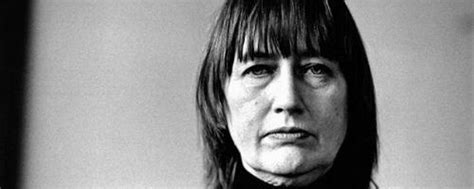A Quote by Kate Winslet
When you're telling a story, I think you should tell it to its fullest, with reckless abandon, and absolutely let it be what it is.
Quote Topics
Related Quotes
I think that people have to have a story. When you tell a story, most people are not good storytellers because they think it's about them. You have to make your story, whatever story it is you're telling, their story. So you have to get good at telling a story so they can identify themselves in your story.
I'll tell what reckless is. What reckless is is calling [Bashar] Assad a reformer. What reckless is allowing Russia to come into Crimea and Ukraine. What reckless is is inviting Russia into Syria to team with Iran. That is reckless. And the reckless people are the folks in the White House right now. Barack Obama and Hillary Clinton are the reckless people.
At 21, you can live life with reckless abandon, as reckless as your abandon is. Then, at 30, there's something there are the supposed to be's. You're like, "I'm supposed to be doing this. I'm supposed to be doing that." You start measuring your life by what you think you're supposed to be doing. Having recently turned 40, it's like, "What the hell?! Why am I worried about what I'm supposed to be doing? What do I want to do?" You become fine with wherever the road takes you.
I think when people begin to tell their stories, everything changes, because not only are you legitimized in the telling of your story and are you found, literally, like you matter, you exist in the telling of your story, but when you hear your story be told, you suddenly exist in community and with others.
I think when people begin to tell their stories, everything changes, because not only are you legitimised in the telling of your story and are you found, literally, like you matter, you exist in the telling of your story, but when you hear your story be told, you suddenly exist in community and with others.
I think that when I'm telling a story, I'm doing the best I can to tell the story as fully as I can, and if there are various fractures that happen in the story, then that's just the very thing that the story is as opposed to my looking for avenues of difference in one story. They just really do exist. For me, anyway.
In fiction the narrator is a performance of voice, and it can be any style of voice, but I'm interested in the ways that a voice that knows it's telling a story is actually telling a different story than it intends to. In the way that I can sit here and tell you what I had for breakfast, but I'm really telling you that I'm having an affair, something like that. And I don't think my writing is plain, but I think a lot of my characters are just talking. There is vulnerability there, in that we can start to see through them, we can start to see where they're deceiving themselves.
This is our story to tell. You’d think for all the reading I do, I would have thought about this before, but I haven’t. I’ve never once thought about the interpretative, the story telling aspect of life, of my life. I always felt like I was in a story, yes, but not like I was the author of it, or like I had any say in its telling whatsoever.
It's not reckless, because when we leap, when we dive in, when we begin, only begin, we bring our true nature to the project, we make it personal and urgent. And it's not abandon, not in the sense that we've abandoned our senses or our responsibility. In fact, abandoning the fear of fear that is holding us back is the single best way not to abandon the work, the pure execution of the work. Later, there's time to backpedal and water down. But right now, reckless please.


































